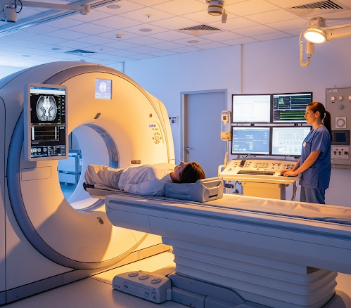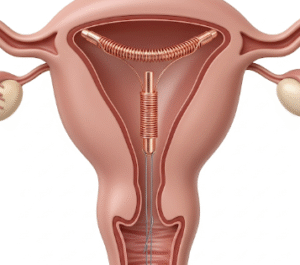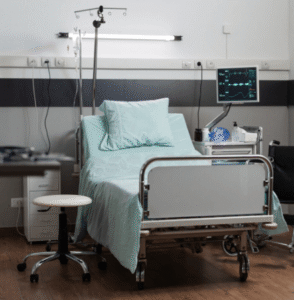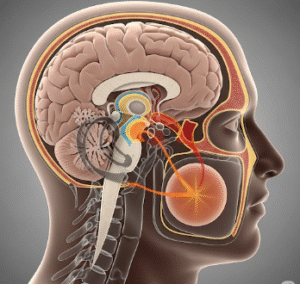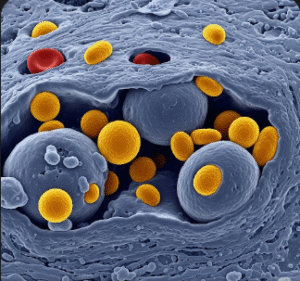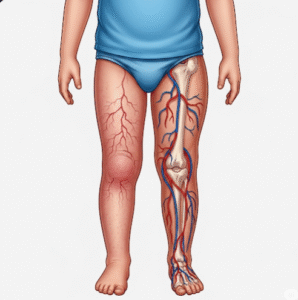Overview
A CT scan (Computed Tomography scan) is a medical imaging procedure that uses X-rays and computer processing to create detailed cross-sectional images of the body. It is widely used to diagnose medical conditions, guide treatments, and monitor disease progression.
In South Korea, CT scans are performed using state-of-the-art scanners in hospitals and diagnostic centers. These facilities offer high-resolution imaging, rapid results, and minimal radiation exposure, ensuring accurate and safe diagnostics.
What is a CT Scan?
A CT scan is a non-invasive diagnostic imaging test that produces detailed images of bones, organs, blood vessels, and tissues. Unlike standard X-rays, CT scans provide cross-sectional views, allowing precise visualization of internal structures.
Common applications include:
- Detecting tumors, infections, and internal injuries
- Evaluating vascular conditions such as aneurysms or blockages
- Guiding biopsies and other minimally invasive procedures
- Planning surgical or radiation treatments
- Monitoring disease progression or treatment response
Advantages of CT scans:
- Fast and accurate imaging
- Non-invasive and painless
- Detailed visualization of soft tissues, bones, and blood vessels
- Can be combined with contrast agents to enhance visibility
What are the Benefits?
CT scans provide numerous diagnostic and clinical benefits:
✔ Accurate and detailed imaging for precise diagnosis.
✔ Quick results, often within minutes to hours.
✔ Helps guide treatment planning and surgical procedures.
✔ Non-invasive and generally safe for patients.
✔ Enables early detection of serious conditions, improving outcomes.
Procedure Details
1) How should I prepare for a CT Scan?
- Medical history review: Inform your doctor of allergies, medical conditions, or medications.
- Contrast agents: Some scans require oral or intravenous contrast; fasting may be needed.
- Clothing and metal objects: Remove jewelry, glasses, or metal objects that may interfere with imaging.
- Pregnancy notification: Important for female patients due to radiation exposure considerations.
South Korean imaging centers provide personalized preparation instructions and trained staff to ensure safety and comfort.
2) What happens during a CT Scan?
- Patient lies on a motorized table that moves through the CT scanner’s circular gantry.
- The scanner rotates, sending X-rays through the body, while detectors capture images.
- Patients may be asked to hold their breath briefly to reduce motion artifacts.
- Contrast-enhanced scans involve injection or ingestion of a contrast medium to highlight blood vessels or organs.
- The procedure typically takes 10–30 minutes, depending on the area being scanned.
South Korean hospitals use modern low-dose CT scanners for high-quality imaging with minimal radiation exposure.
3) What happens after a CT Scan?
- Most patients resume normal activities immediately.
- If contrast was used, hydration is recommended to flush it from the body.
- Radiologists analyze the images, and results are sent to your doctor, often within hours to a day.
- The doctor discusses findings and potential next steps, including further testing or treatment planning.
Risks / Benefits
Potential Risks:
- ➤ Exposure to ionizing radiation, though minimal and carefully monitored
- ➤ Allergic reactions to contrast agents (rare)
- ➤ Mild side effects such as nausea or warmth with contrast
- ➤ Not recommended for pregnant women unless necessary
Major Benefits:
- ✔ Rapid and accurate diagnosis of multiple conditions
- ✔ Non-invasive and generally safe
- ✔ Helps guide medical or surgical treatment plans
- ✔ High-resolution images enable early detection and better outcomes
Recovery and Outlook
- Immediate post-scan: No recovery required; patients can resume normal activities.
- Contrast usage: Some mild side effects may occur, but typically resolve quickly.
- Follow-up: Your doctor reviews results and determines the next steps.
CT scans are widely regarded as safe and invaluable diagnostic tools, and modern South Korean imaging centers ensure high safety standards, patient comfort, and accurate results.
When To Call the Doctor
Contact your doctor or radiology center if you experience:
- ➤ Severe allergic reaction after contrast injection
- ➤ Persistent nausea, rash, or breathing difficulties
- ➤ Unexpected pain or discomfort related to the scan
Best Korea Option / Process
South Korea provides world-class CT scan services due to:
- Advanced multi-slice CT scanners with low radiation technology
- Highly trained radiologists and technologists
- Rapid turnaround for reports and consultations
- Integration with hospitals for treatment planning
- International patient support, including translators and scheduling assistance
- Affordable and high-quality imaging services
Top hospitals for CT scans in Korea:
- Samsung Medical Center
- Asan Medical Center, Seoul
- Seoul National University Hospital
- Severance Hospital (Yonsei University Health System)

